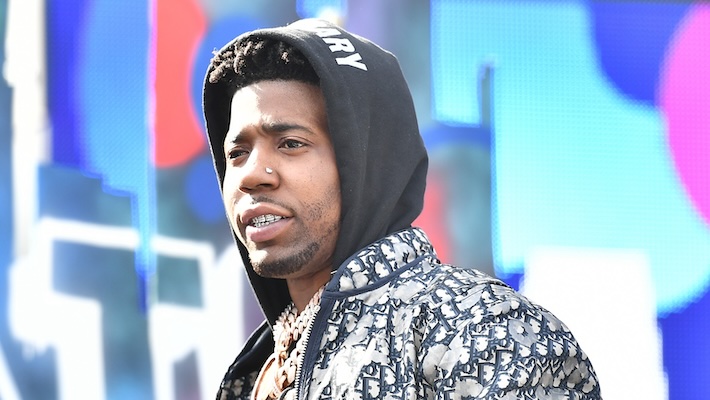
I hate washing dishes. In my house, my partner's chores include dishes each night, while mine willingly involve quite literally anything and everything else. But this week on Ask Code Switch , we're answering a question from listener Shaquille Stewart who wants to know – who's supposed to wash the dishes? This isn't an issue of gender roles or shirking responsibility.
This is a question about the expectations of additional unpaid labor in the workplace. When no one is "technically" the "dishwasher" at work..

.who's supposed to wash the dishes and why? ..
. Dear Code Switch, My name is Shaquille Stewart. I wrote to the podcast because about a year ago, I had a dispute with my employer at the time over the most trivial thing – who's supposed to wash the dishes? See, I took the job in part to get a foot in the door in the theater industry.
I started as an intern and worked there for five years total. While washing everybody's dishes and cleaning the kitchen wasn't really in my job description – I did it. But as my workload increased, suddenly, it started to become an issue that I wasn't clearing out the dishwasher, even if I didn't use any dishes.
Obvie, I'm Black as hell. So when a higher up and my supervisor approached me about this issue by bringing me into a storage closet..
.I felt a bit slavish. And I told them so.
Still, to preserve my job, I sucked it up and emptied the dishwasher. ..
. Shaq doesn't work there anymore, but he still finds himself wondering, who really should have done the dishes? Would the same scenario have played out differently if Shaq and his supervisors were the same race? Part of the tension underlying Shaq's question has to do with the way his supervisors – both white women – approached the issue to begin with. Having identifiers in common, like race and gender, can create common ground and even community.
But it can also amplify our implicit biases. "Birds of a feather flock together," right? It's not just an expression because it's cute and it rhymes – it's because it's true," says Karith Foster, the founder of INVERSITY Solutions . So when it comes to those dishes, who was in the wrong? Why is the situation still keeping Shaq up at night? Listen now on the Code Switch feed on Apple , Spotify , Amazon Music , or wherever you get your podcasts! Do you have a question for Lori and the Code Switch team? Send us your questions on Instagram @nprcodeswitch.
Or, email us at [email protected] – subject line, Ask Code Switch . This episode was written and hosted by Lori Lizarraga.
It was produced by Schuyler Swenson, edited by Veralyn Williams, engineered by Gilly Moon and fact checked by Greta Pittenger. Our project manager was Lauren Gonzalez. And a special thanks to the content development team for making this series a reality.
.














